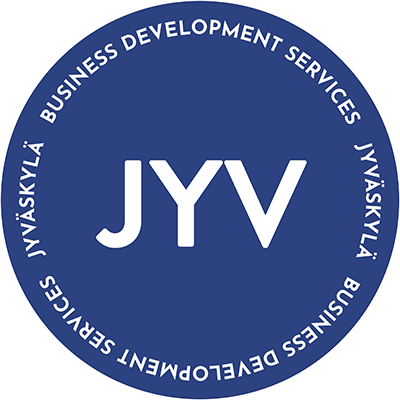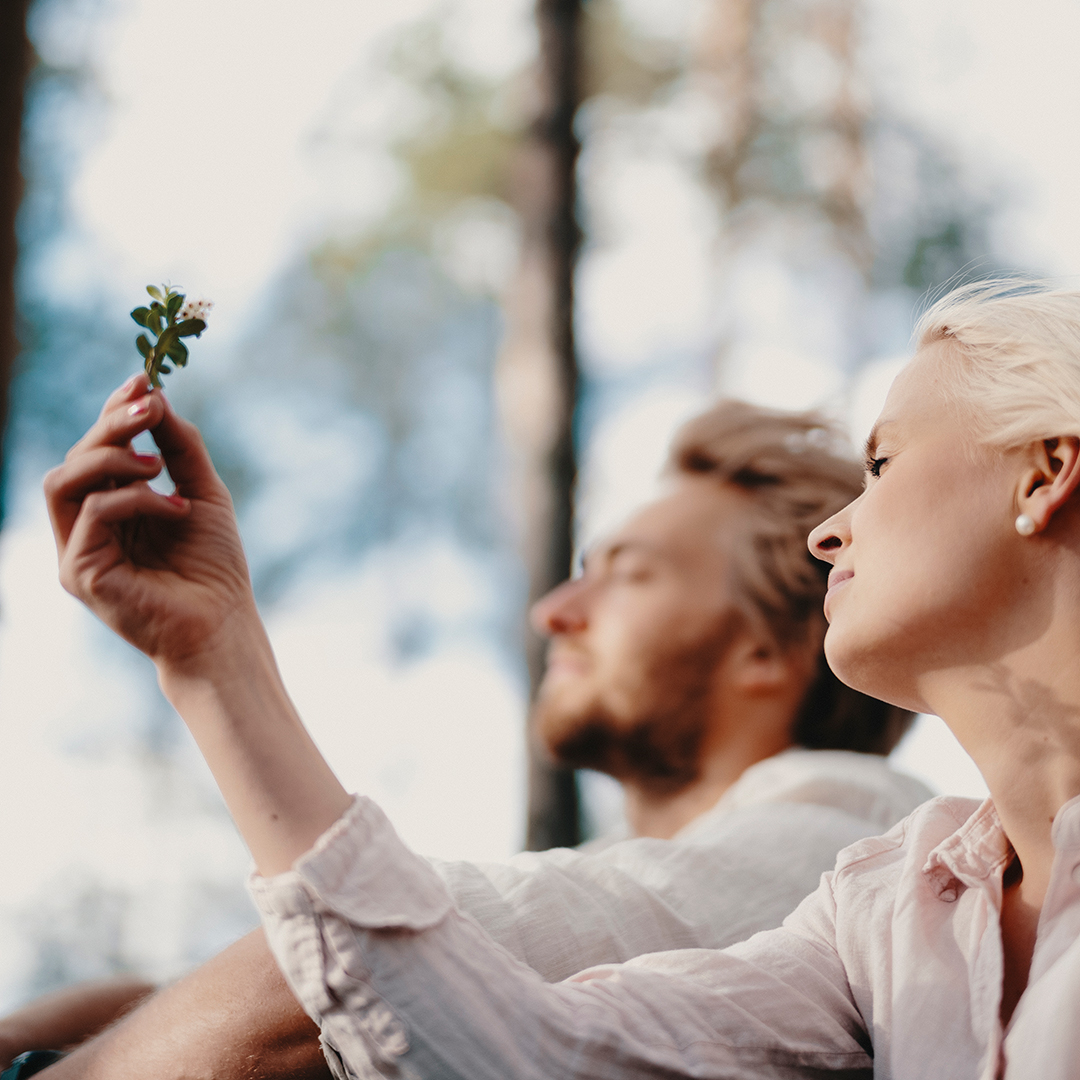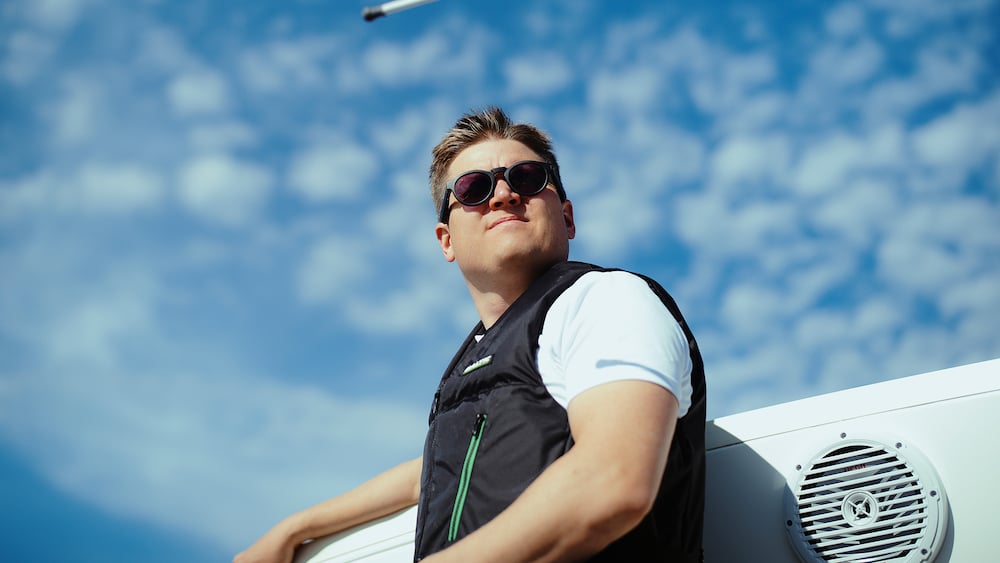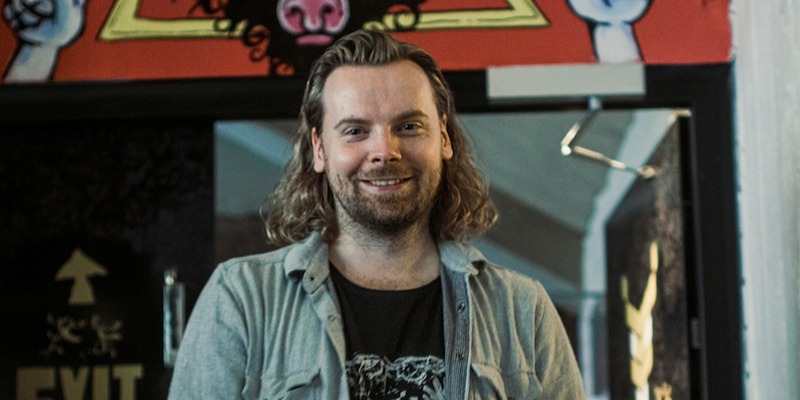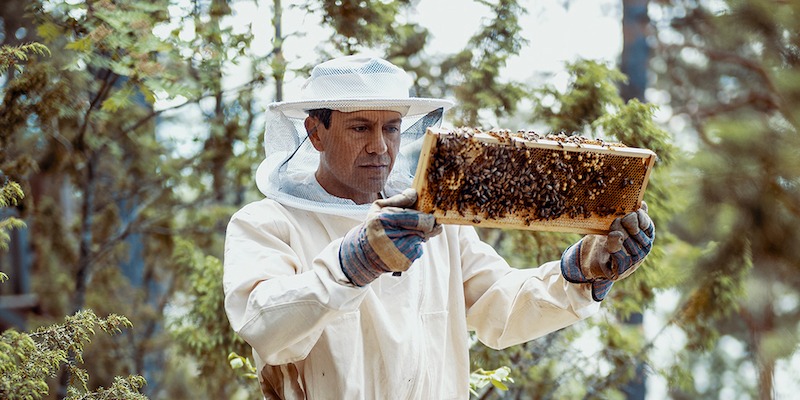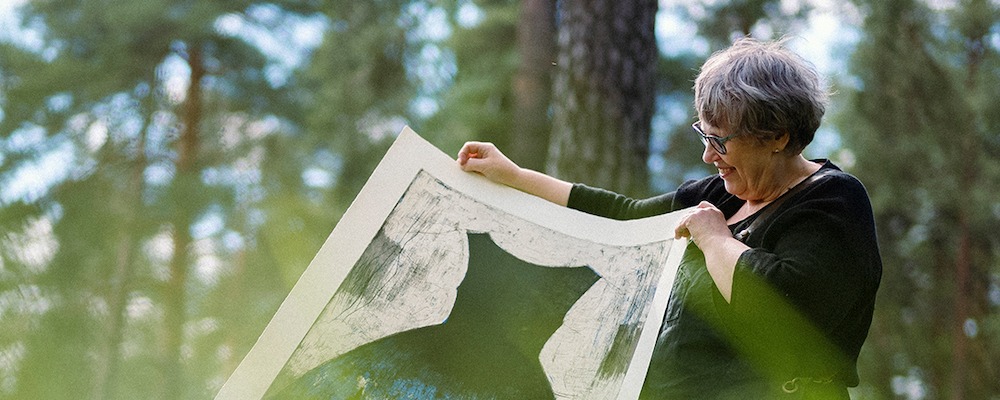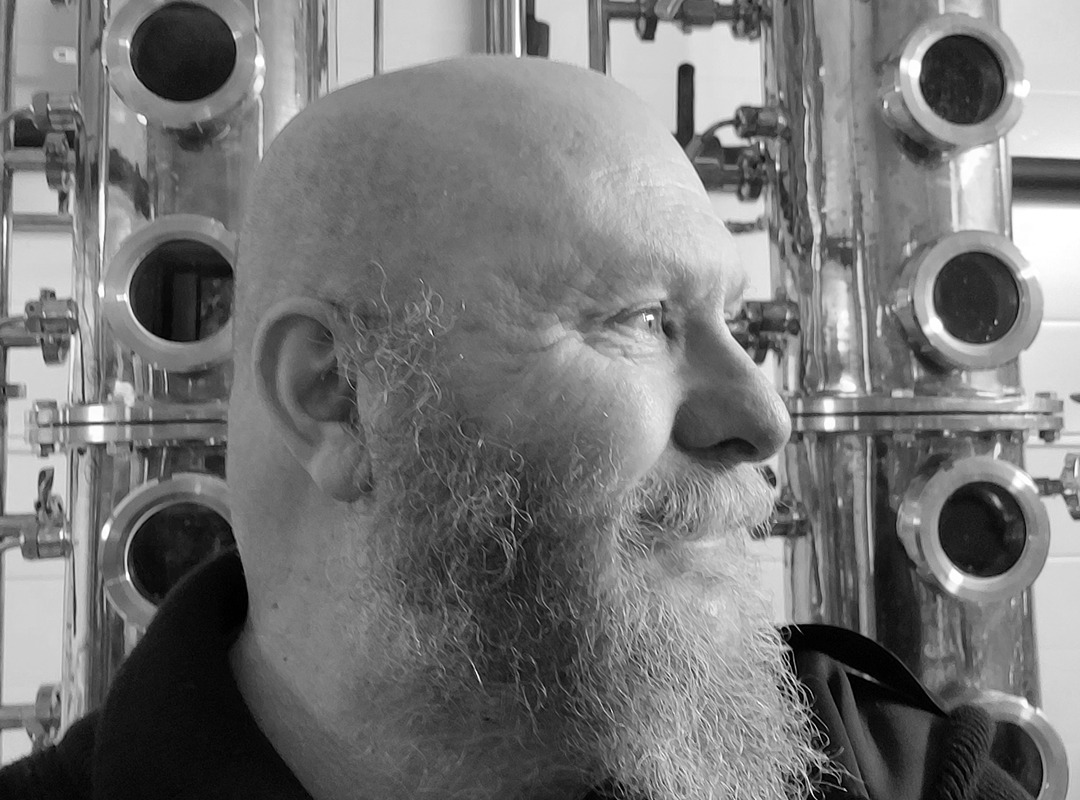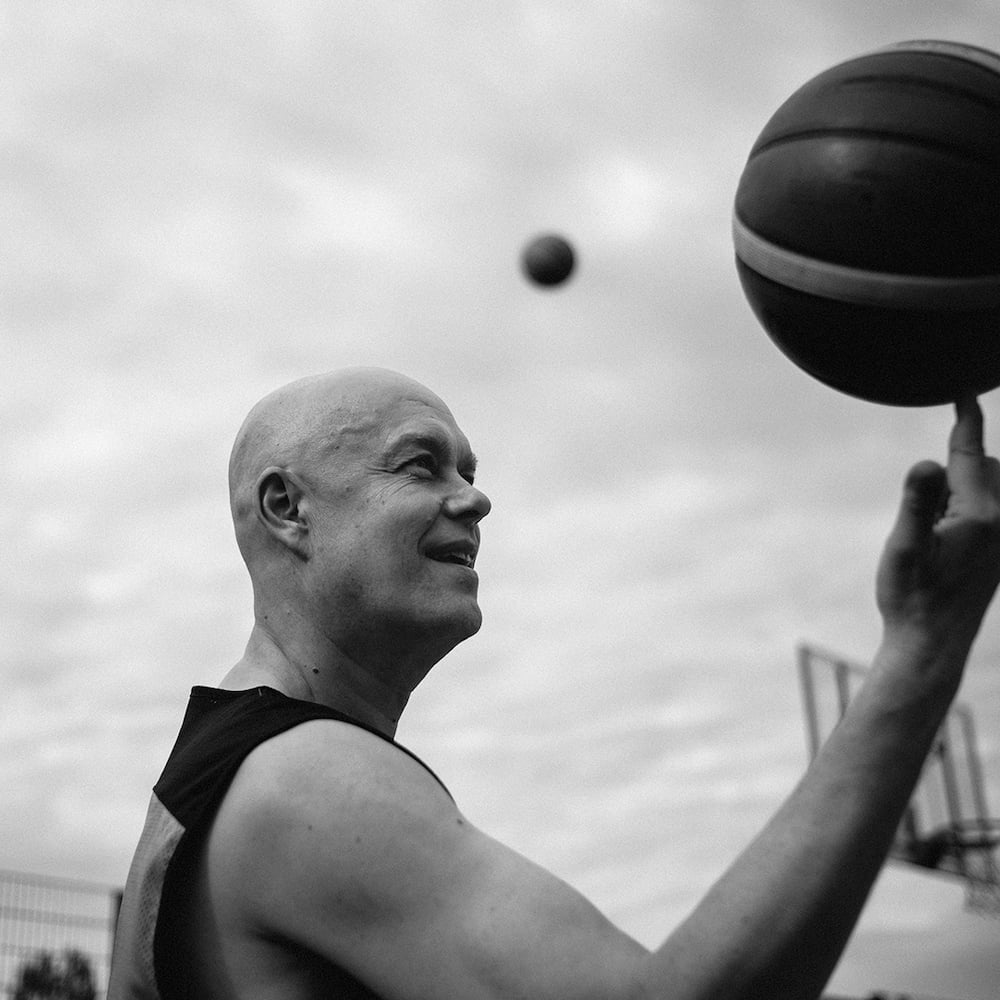Maria Jalkanen - Foodin
‘Lasse and I have roots in Jyväskylä. It is important to us that we develop our home region and provide jobs for the people who live here. Jyväskylä is a city I always talk about with pride.
Even though our company has grown every year, our operations are still guided by the same value promise as eight years ago: every product must do good for the user, the environment and the farmer. If a product is not created according to our values, then the time is not yet right for it. Sometimes we do things more slowly or on a smaller scale.
Values build our path, on which we move forward at the pace that is right for us. It is not the quickest or easiest way. But it is a path that brings meaning to our own life and business.’
